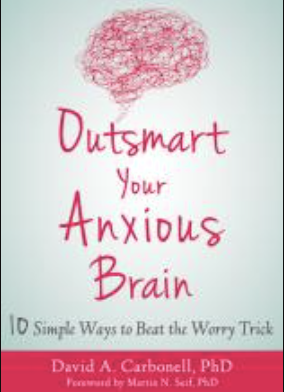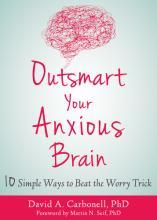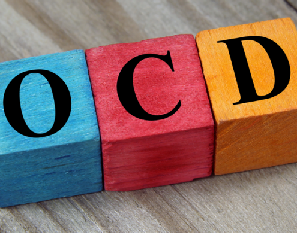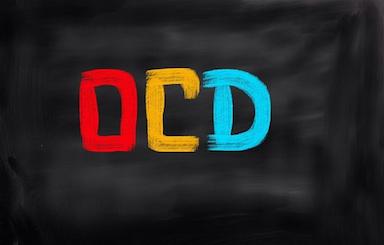ADAA Mental Health Blogs for the Public
ADAA member Dave Carbonell, PhD wrote this blog post to accompany his new ADAA webinar.
“The harder I try, the worst it gets!”
Sometimes parents who seek consultation with me about their child’s worries or fears are surprised to learn that the child has Obsessive-Compulsive Disorder (OCD).
“But she doesn’t wash her hands all the time…”
Or they do not realize that certain symptoms are part of OCD.
“He had bad thoughts that bothered him. He used to tell us about all the time. To get away from that, he developed OCD and started worrying about germs.”
Let’s face it. The holidays can be stressful for anyone with all of the expectations for joy, gift giving and getting together with family, friends and co-workers. When you are prone to worry, social anxiety or depression, however, the pressure can feel doubled because you feel out of sync with all the expectations that apply pressure to your vulnerable spots. Here is some advice that could help you to feel better prepared to avoid the pitfalls of the holiday pressure to be something that you are not.
According to the National Highway Traffic Safety Administration, in 2016 alone, there were an estimated 7,277,000 police reported traffic accidents in the United States. Most of the time, the initial concern has to do with any physical injuries for the people involved and getting help immediately. After the accident, when that initial shock has subsided, many fail to recognize how these accidents effect their emotional and mental health.
In the past few weeks, two people have contacted me seeking help for “real-Iife OCD.” I had never heard the term before, which is surprising because I am an OCD specialist. I spend roughly 75-80% of my clinical hours working with people who have OCD. I teach a course on OCD to psychiatry residents. I attend anxiety and OCD conferences every year and keep up with the latest research and treatment. So why didn’t I know about this disorder?
We all have that one feature on our face or bodies that we don’t like. Maybe your nose tip is a millimeter longer than you would prefer? Perhaps you feel that your cheekbones can be more pronounced? No matter the issue, body insecurity is common among us all. The most prominent evidence of this can be found in the media.














